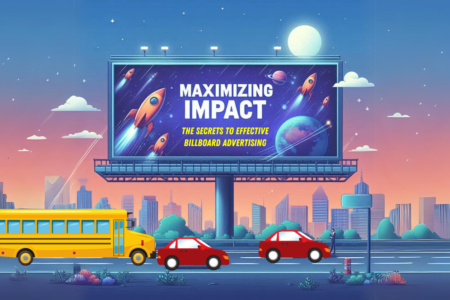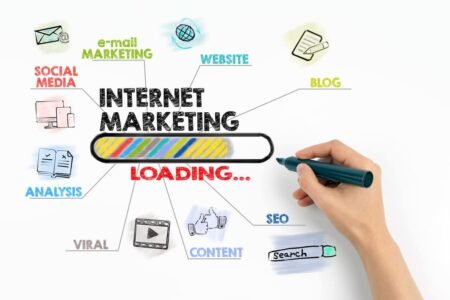Introduction
In today’s competitive business landscape, traditional marketing strategies often struggle to capture the attention and engagement of consumers. Enter experiential marketing, a dynamic approach that focuses on creating immersive and memorable experiences to forge deeper connections with target audiences. This blog post explores the essence of experiential marketing, its benefits, and how it can revolutionize brand communication and customer relationships.
Defining Experiential Marketing
Experiential marketing, also known as engagement marketing or event marketing, aims to engage consumers on a personal level through sensory, emotional, and intellectual experiences. It shifts the traditional one-way communication model to a more interactive and participatory approach. By combining elements of entertainment, storytelling, and interactivity, experiential marketing immerses customers in a brand’s narrative, allowing them to connect with the product or service on a deeper, more meaningful level.
The Power of Immersion
Experiential marketing leverages the power of immersion to captivate consumers. Instead of bombarding them with advertisements, brands create physical or virtual experiences that align with their values and evoke emotions. Whether through pop-up stores, live events, interactive installations, or virtual reality, the goal is to transport consumers into a world that resonates with the brand’s essence. By actively engaging multiple senses and stimulating emotions, these experiences leave a lasting impression, making it more likely for customers to remember and share their encounter with others.
Enhancing Brand Engagement
One of the key benefits of experiential marketing is its ability to enhance brand engagement. By providing customers with an interactive and immersive experience, brands encourage active participation and involvement. This fosters a sense of ownership and connection, leading to increased brand loyalty and advocacy. Experiential marketing also creates an opportunity for brands to gather valuable feedback and insights directly from consumers, enabling them to refine their offerings and tailor their strategies based on real-time data.
Amplifying Social Sharing
In the age of social media, experiential marketing offers a powerful tool for generating buzz and virality. When consumers have an exceptional and memorable experience, they are more likely to share it with their networks. Brands can strategically integrate social media elements into their experiential campaigns, encouraging attendees to capture and share their experiences online. User-generated content amplifies the reach and impact of the campaign, expanding its potential audience and driving organic brand exposure.
Conclusion
Experiential marketing has emerged as a transformative approach to brand communication, capable of breaking through the clutter of traditional marketing tactics. By prioritizing immersive and memorable experiences, brands can forge deeper connections with their target audience, fostering brand loyalty and advocacy. The power of immersion, enhanced brand engagement, and the amplification of social sharing all contribute to the success of experiential marketing campaigns. As consumers increasingly seek authentic and meaningful interactions, businesses that embrace experiential marketing stand to differentiate themselves and create lasting impressions in the minds and hearts of their customers.










